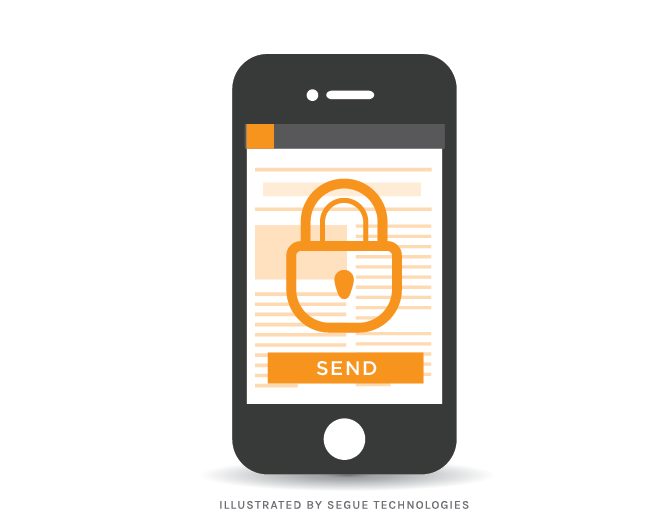In this day and age, the importance of data protection cannot be underestimated. Many of us have smart phones and trends show that the number of people with smart phones will only continue to rise. Smart phones aren’t really phones anymore; they are simply mini computers that conveniently have a phone function. However, since these phones can access the internet just as a computer would, the devices are equally vulnerable to malware and virus threats. Obviously people use their smart phones to access their personal email and social media sites, but many people use them to access their company email as well. It could be devastating if your work email and sensitive documents fell into the wrong hands. While it is impossible to protect against all threats, some common sense protocols can help in thwarting many cyber threats. The following are some suggestions for protecting your mobile data.
Protecting Personal Phones
- Have Antivirus software installed if possible: Many Antivirus companies (Norton, Kaspersky) have designed software for smart phones. “Lookout” specializes in mobile data security and is a free download. Simply go to the website and purchase the software, or check with your respective phone’s app store.
- Password Protect Phones: People should ALWAYS use a password to gain access to their phones because, again, smart phones are computers. You need to password protect everything in order to protect your personal and sensitive data. It may be an annoyance to type a password or pattern to access the phone, but the annoyance is certainly worth avoiding the risk.
- Be mindful of what apps you are downloading: As Chris mentioned in his How to Avoid Security Threats From Mobile Applications blog, Cybercriminals and Spyware developers have gotten very sneaky as the mobile market has continued to grow. They will implant Malware on SMS messages and app updates with Android devices being the most susceptible to this. Why? Because Android, with its multiple operating systems (Gingerbread, Ice Cream Sandwich, Jelly Bean), has the most users. While Apple iPhone users have been relatively safe, this could change with time. Be aware of fake anti-virus updates on iOS. Always be sure to read any reviews from the app store before downloading an app onto your device.
- Remotely Wipe device: In the event you lose the smart phone, you need to have the ability to remotely wipe the device. With sensitive corporate data on the phone, time can be of the essence. With Apple you can wipe the device by using the iCloud feature and the “Find My iPhone” app. With Android you can use the Android Device Manager feature.
Protecting Enterprise Phones with Access to Company Mobile Data
The steps above should be practiced with Enterprise phones or Corporate phones as well*; however companies may want to take additional steps for enhanced security. Encryption should be considered a must. Encryption is the process of encoding messages (or information) in such a way that third parties cannot read it, but only authorized parties. Encryption doesn’t prevent hacking but it prevents the hacker from reading the data that is encrypted. However, encryption on smart phones is a one way key; to remove the encryption you will have to reset the device back to the original factory settings. The IT department should have an encryption plan on all company-owned devices. If they do not, they should come up with one or they will have vulnerabilities with every company device loaned out.
*Please note, you can encrypt a personal smart phone, but it will cause the phone to suffer slightly in performance.
With more smart phones out in circulation, more awareness needs to be taken in preventing mobile data loss. Mobile data loss can be extremely damaging and irreversible for a company, so every preventative measure should be taken when safe guarding data.
